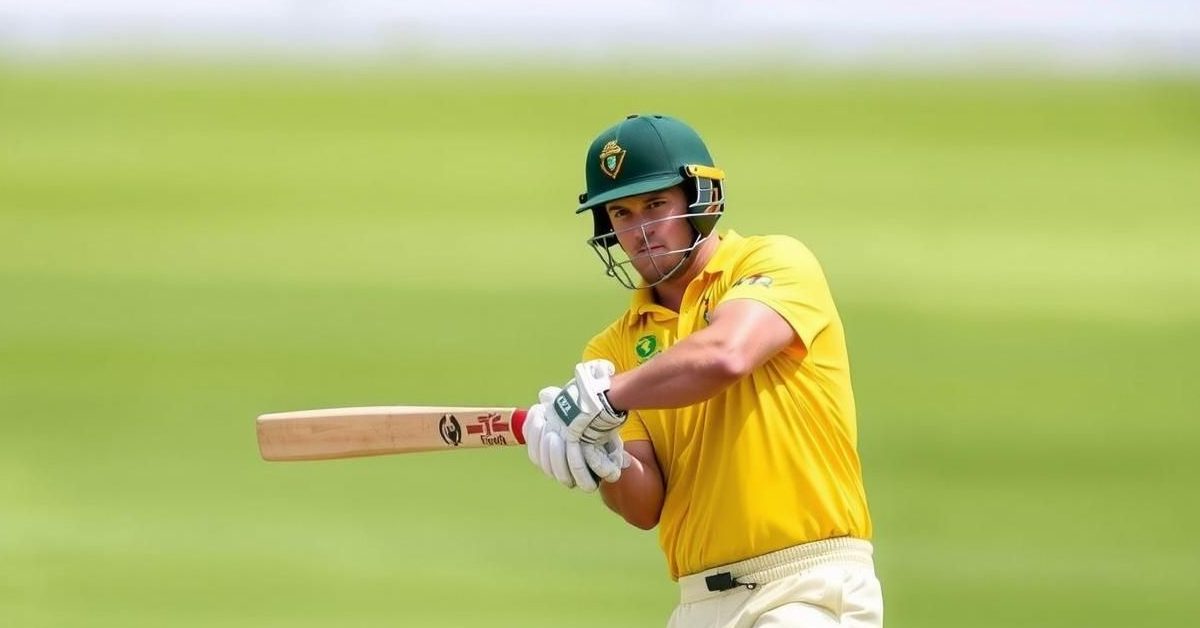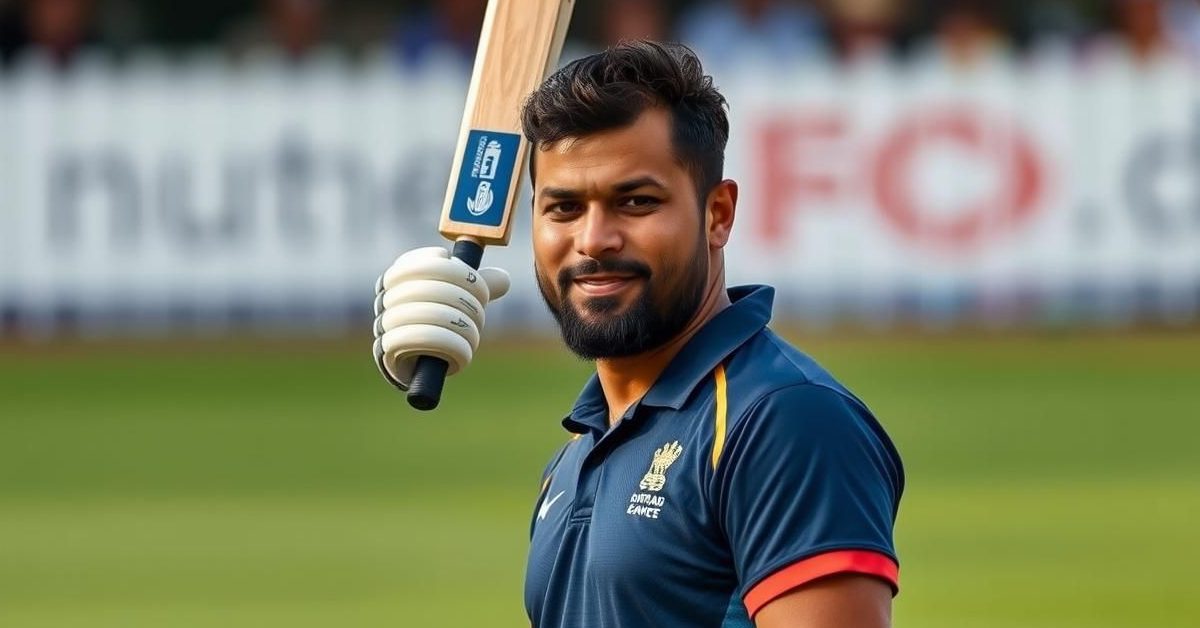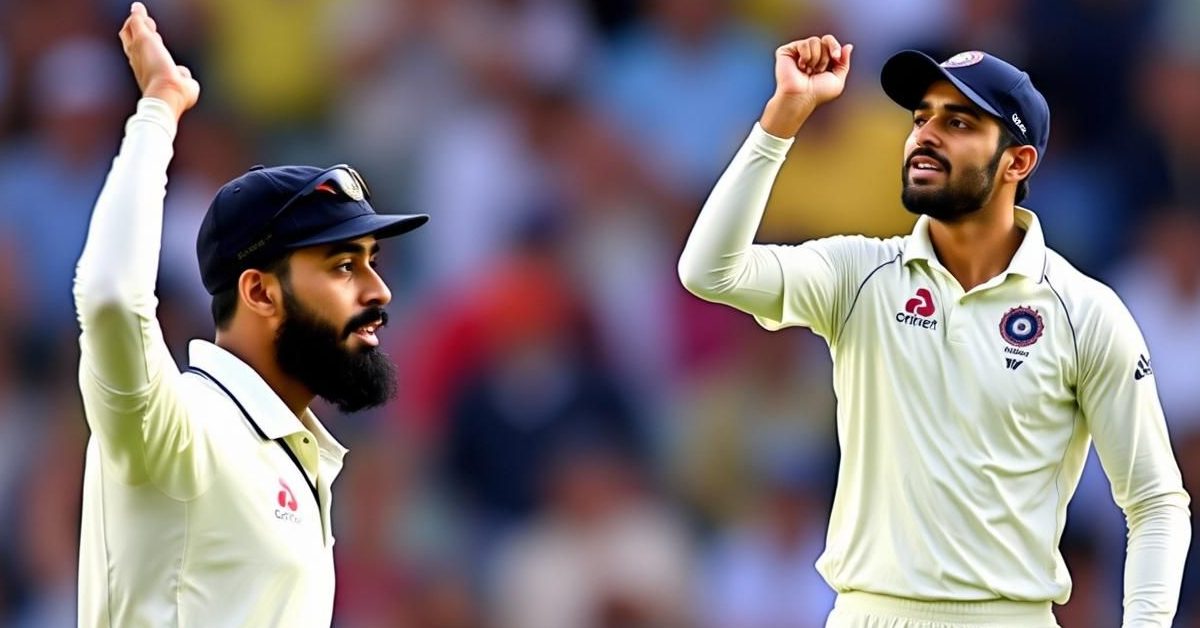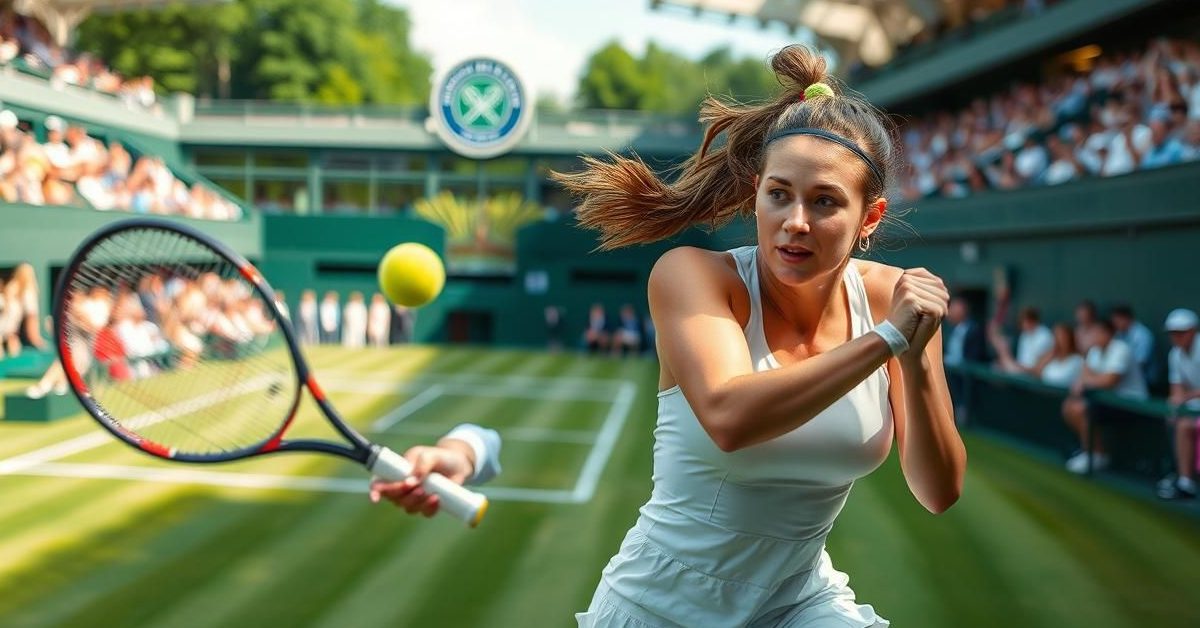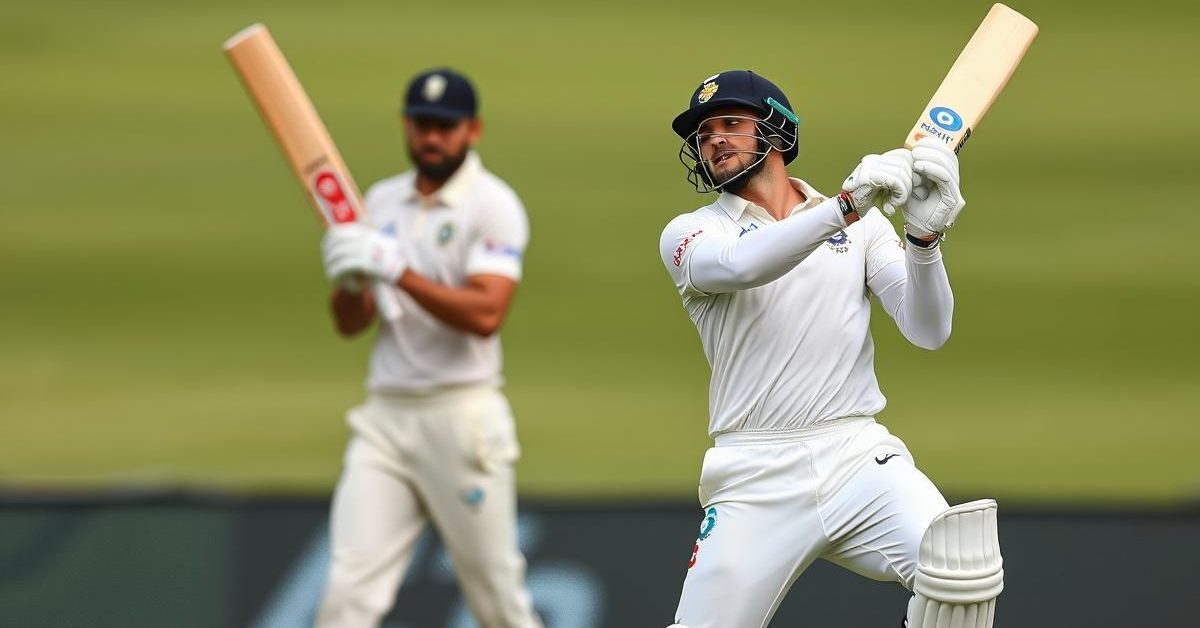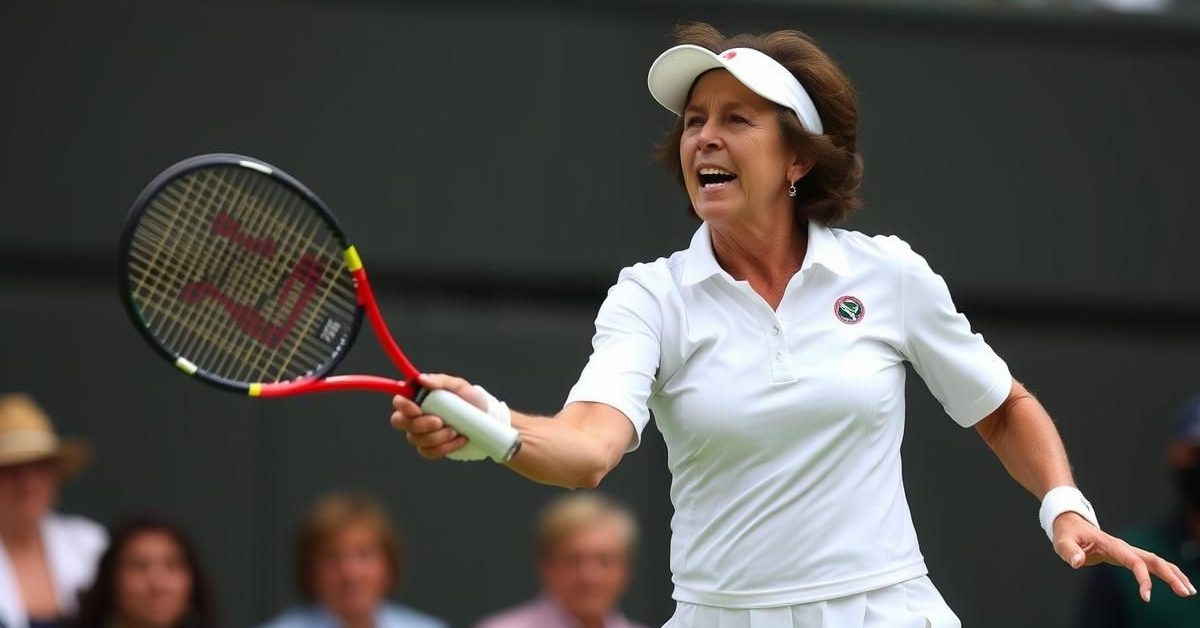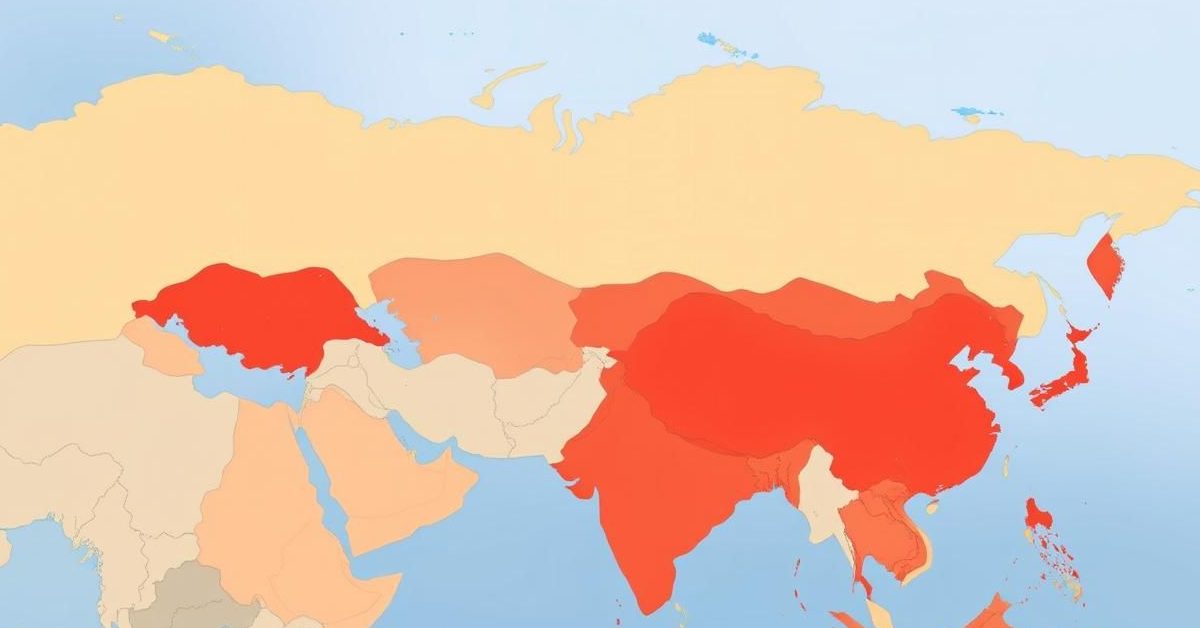Ian Healy’s Scathing Assessment: Australian Batting “Regressed” Under Coach Michael Di Venuto
Former Australian wicket-keeper and renowned cricket commentator, Ian Healy, has delivered a blunt and unsparing critique of the Australian cricket team’s batting performance, pointing an accusatory finger directly at head batting coach Michael Di Venuto. Despite Australia’s comfortable 159-run victory over the West Indies in the first Test at Barbados, Healy believes the top order’s struggles are a deep-seated concern, highlighted by their paltry 180-run first innings total.
Direct Challenge to Coaching Accountability
Speaking with characteristic candour on SEN, Healy didn’t mince words, suggesting that the pressure should squarely be on the nation’s batting coaches. “While I usually prefer to place accountability on the players, Australian cricket’s batting head coach – and indeed every state batting coach – should be feeling immense pressure,” Healy asserted, referencing a broader systemic issue with run-scoring across the country. He articulated his dismay, stating, “There aren’t enough runs being scored around the nation.”
The Di Venuto Era: A Step Backwards?
The brunt of Healy’s criticism was aimed at Michael Di Venuto, who has held the pivotal role of Australia’s national batting coach since mid-2021. “Michael Di Venuto, a good friend and an excellent coach and man, has been in the job for a significant period,” Healy acknowledged, before delivering the cutting observation: “In this time, our national team’s batting has visibly regressed in performance at the Test level.” This sentiment underscores a growing concern among pundits and fans alike regarding the consistency of Australia’s top-order batsmen in the longer format of the game.
Questioning Cameron Green’s New Role at Number Three
Beyond the overall performance, Healy also expressed apprehension about specific tactical decisions, particularly the promotion of all-rounder Cameron Green to the crucial number three position in the batting order. Green, returning from a prolonged injury layoff, was thrust into this demanding role, a move that Healy suggests might be hindering the team’s balance and effectiveness. His comments imply a belief that individual player development and strategic placement aren’t aligning with optimal team output.
Mental Fortitude and Technical Foundations: The Missing Links
Healy’s analysis extended beyond coaching personnel to the fundamental aspects of a batsman’s craft. He passionately articulated his philosophy: “All that’s truly important to me is the performance. I don’t care how you achieve it or what makes it easier for you – simply get it done.” He pointed to a crucial failing among the current crop of batsmen, highlighting their inability to manage pressure and nerves effectively. “They’re certainly not making it easy for themselves,” he observed.
Moreover, the veteran wicket-keeper emphasized the necessity for robust techniques and unwavering balance at the crease. “Players need to cultivate sound techniques and bat with the kind of balance that allows for consistent, insightful decision-making, ball after ball, for extended periods,” Healy elaborated. He lamented the current state, concluding, “At present, we are falling short on many of these critical points, leaving the lower order frequently in a position where they must either salvage the innings or face collapse. It’s simply too challenging for them right now; we must clear the minds of our top-order batsmen.”
A Win That Doesn’t Mask Deeper Issues
While Australia ultimately secured a convincing 159-run victory over the West Indies, taking a 1-0 lead in the three-match Test series, Healy’s comments serve as a potent reminder that success can sometimes conceal underlying vulnerabilities. The team’s batting woes, particularly the first innings collapse at Kensington Oval in Barbados, indicate that significant work is needed ahead of the second Test, scheduled to be played at the National Cricket Stadium in Grenada. The spotlight remains firmly on Australia’s top order and the strategies implemented by the coaching staff to rectify these concerning trends.
